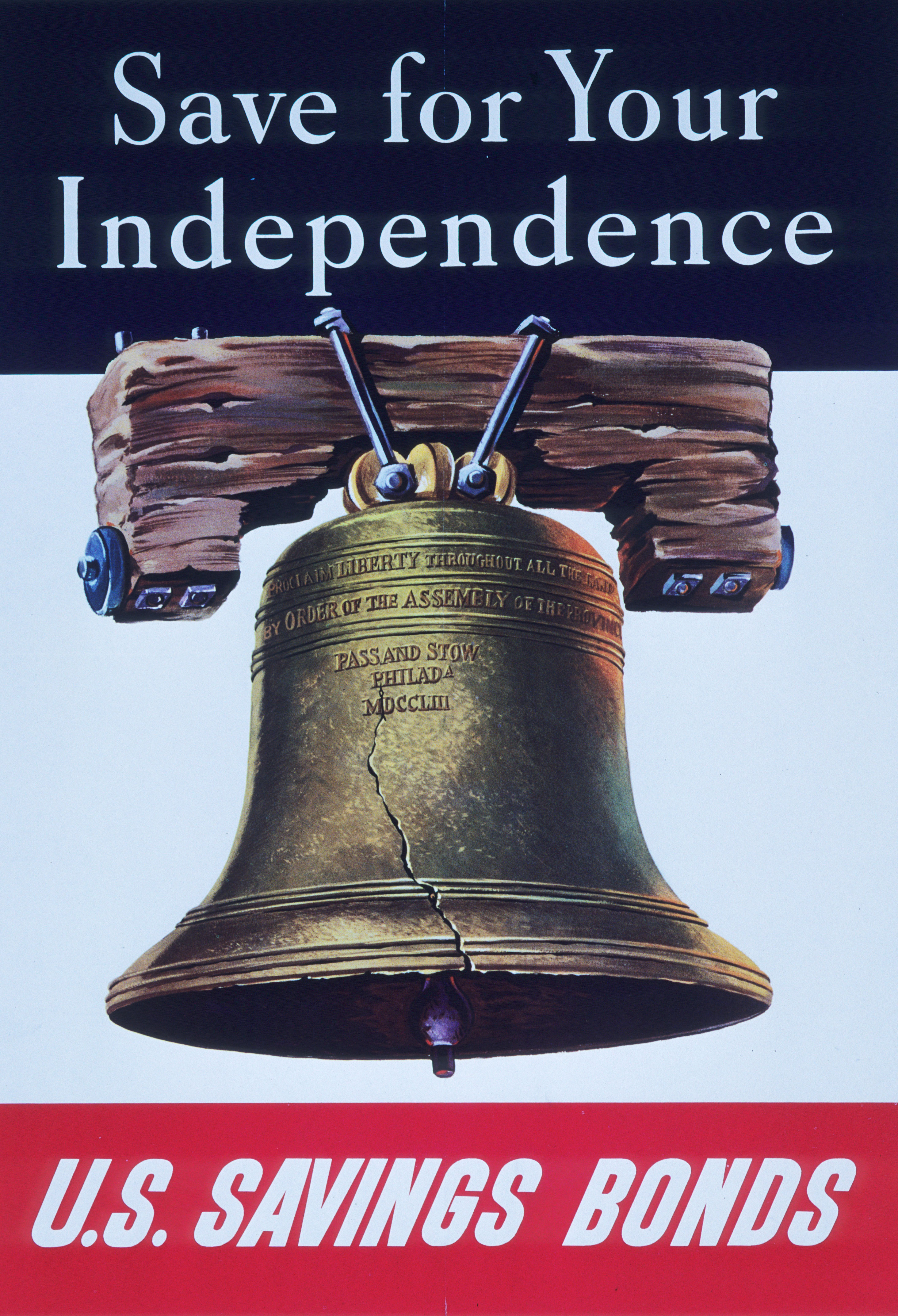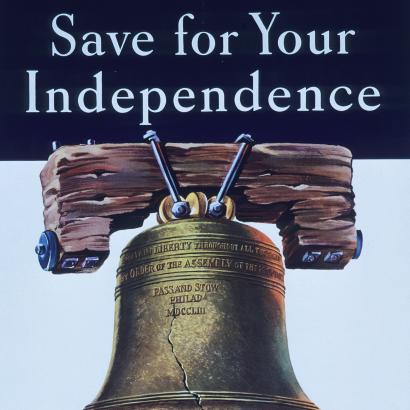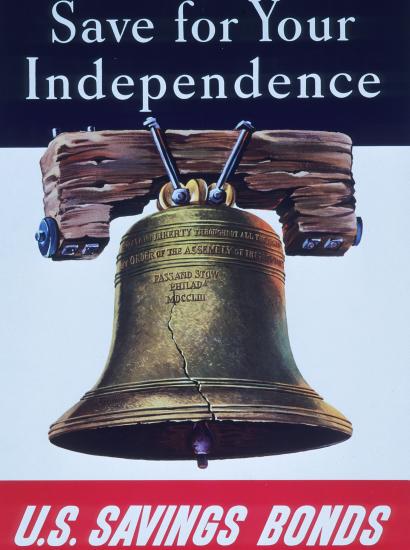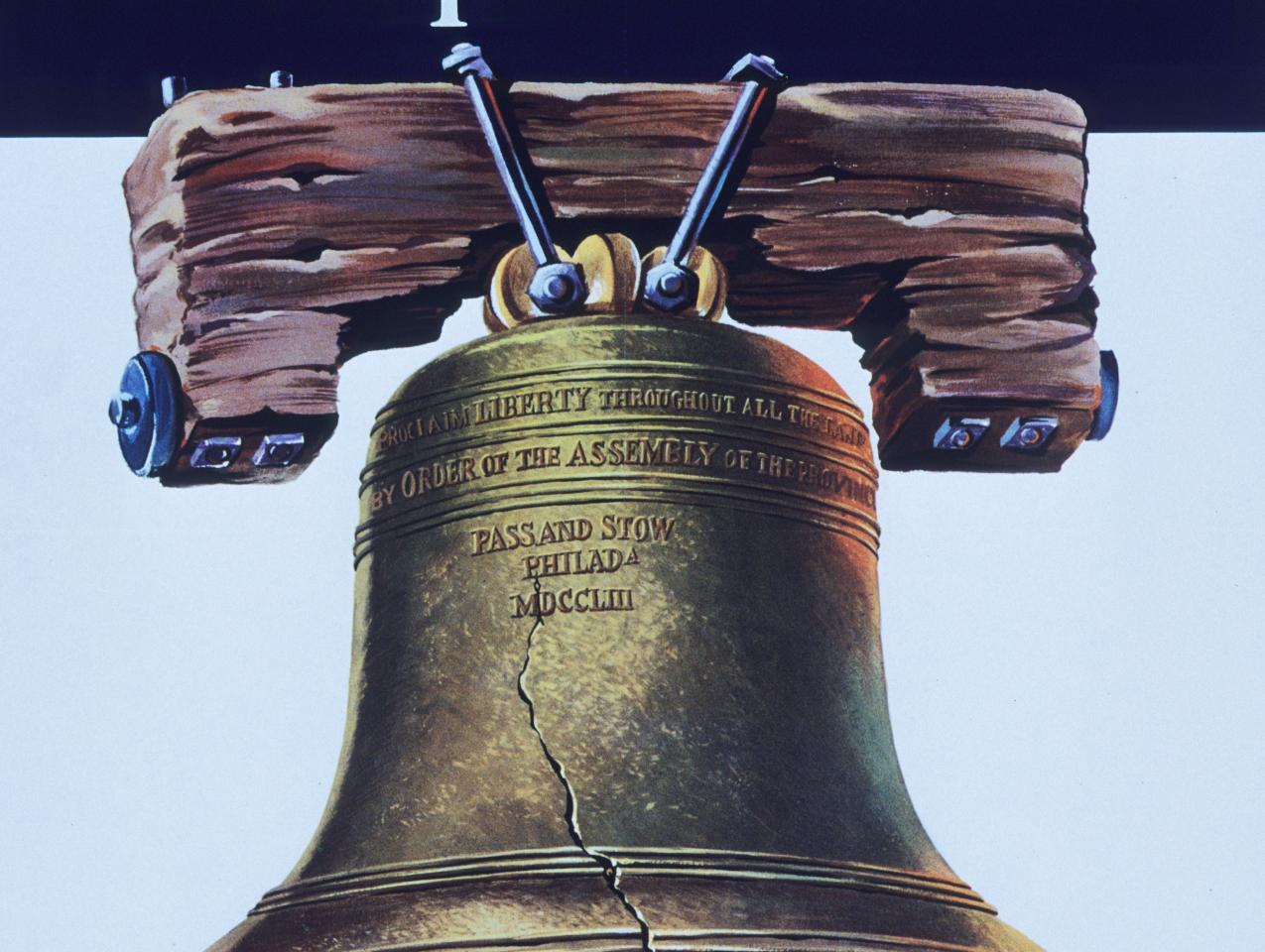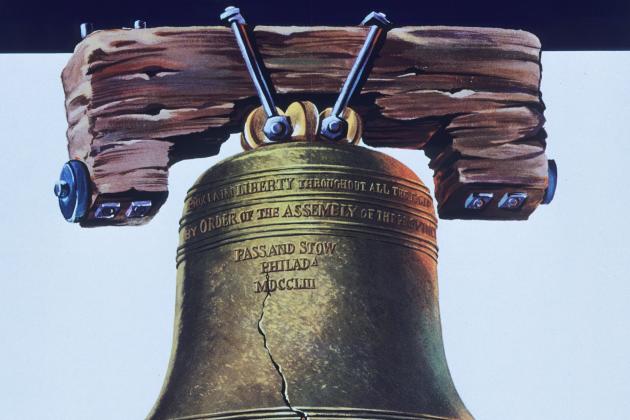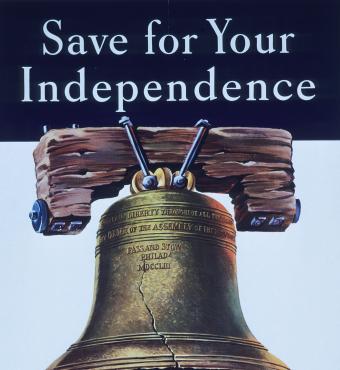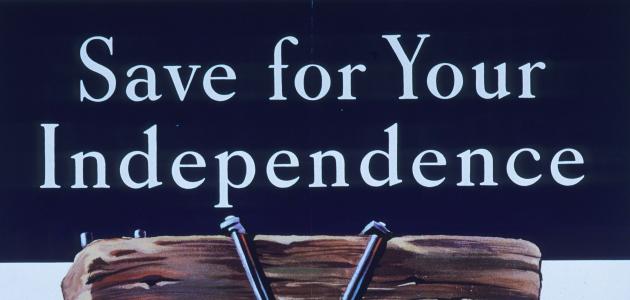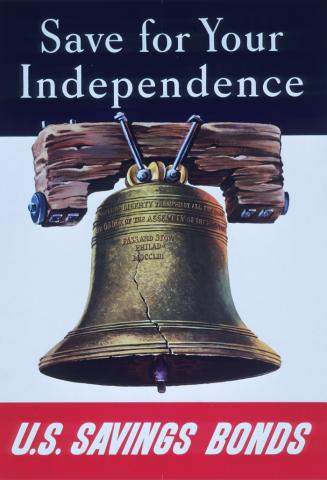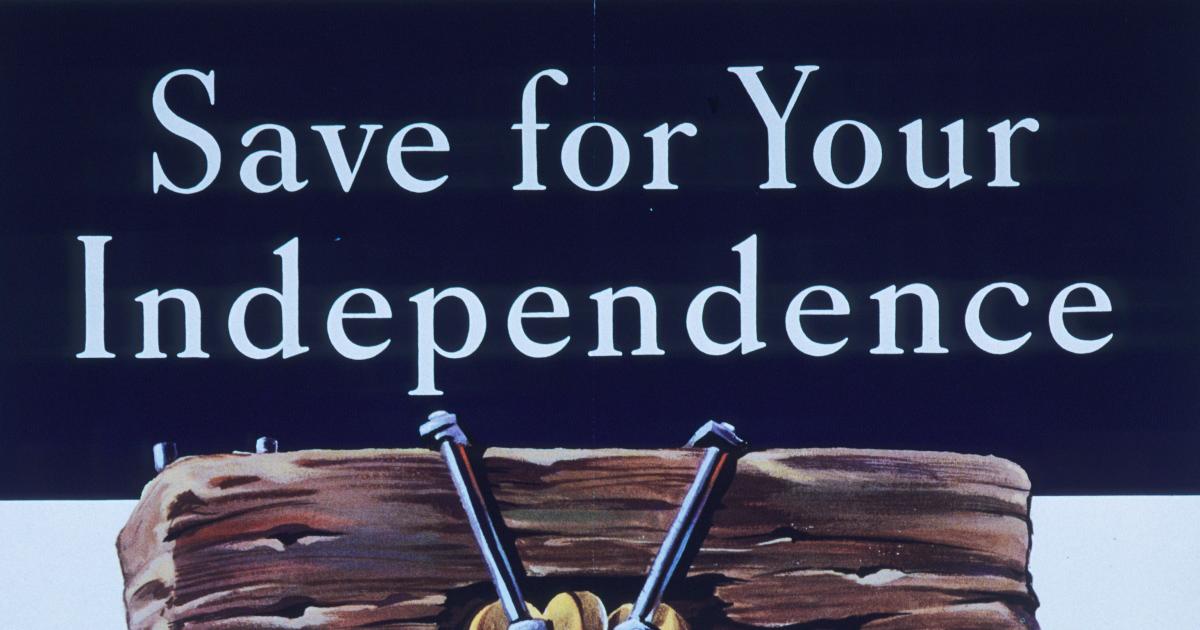- Military
- US
- Revitalizing History
There is a tendency in our country today to assume that our independence from Great Britain was always a matter of destiny. Nothing could be further from the truth. Even as late as 1774, independence appeared highly unlikely as the First Continental Congress, which convened that year, flatly rejected the idea in favor of further diplomacy to convince the British government that it should treat the American colonists like the good Englishmen they were. Finding a way to return to being King George’s peaceful and loyal colonies in America was also the focus for the Second Continental Congress when it convened in May 1775; this despite the blood that had been spilled on both sides at Lexington and Concord the previous month. That was the motivation behind the “Olive Branch Petition,” which the delegates sent to London in July 1775, reaffirming their loyalty to the Crown while beseeching the British government to acknowledge and redress their grievances so that there might be a peaceful resolution of the crisis. It must be mentioned that this petition was sent a full month after the Battle of Bunker Hill which saw both sides suffer significant causalities, including over a thousand highly trained and experienced British regulars.
After they sent the Olive Branch Petition, the delegates anxiously awaited the King’s response, but the answer they hoped for never came. Instead, later that summer the British Parliament formally declared the Colonies to be in armed rebellion, putting the delegates to the Continental Congress in an especially perilous position. They were keenly aware that their actions were now considered treasonous, bringing shame to their family names (a huge blow in a society that put a premium on honor) while putting them in mortal danger, with the specter of being hung as traitors if they were captured. Understandably at this point, some of the delegates were gripped by fear and indecision, still holding out hope for a peaceful resolution even though that possibility was already beyond reach. This awkward period of the conflict went on for months and then for over a year before courageous and decisive actions on the battlefield changed that political arc and inspired the delegates to vote for independence.
Indeed, the remarkably brave fighting by the militiamen during the skirmishes at Lexington and Concord in April was followed by a surprisingly strong performance by the Continental Army at the Battle of Bunker Hill a couple of months later. The vaunted British Regular Army was taken off guard. They were expecting very little resistance from the colonists to their counter-insurgent operations, but these impressive showings by the colonists continued throughout the remaining months of 1775 and into the early months of 1776. In the spring of 1775, Ethan Allen and the “Green Mountain Boys” captured Fort Ticonderoga from the British and along with it its nearly 100 artillery pieces, including a mix of cannons, mortars, and howitzers. In a bold move, General George Washington directed Colonel Henry Knox to move nearly five dozen of those artillery pieces from Ticonderoga, initially on water (Lake George) and then mostly overland to Boston in the middle of the winter, to be positioned on the high ground overlooking the city to threaten British forces occupying it. In a little over two months, Knox led his men and moved those critically important cannons through especially difficult terrain and near impossible conditions, making it to Dorchester Heights by the end of January 1776. When General William Howe, the British Commander for the region, recognized the danger these artillery pieces presented to his forces, he ordered the evacuation of Boston on March 17th. This handed General Washington and the Continental Army a highly improbable strategic victory.
This display of battlefield courage against arguably the most formidable land army in the world at the time electrified the colonists’ cause and emboldened the delegates to the Continental Congress to take decisive action. A new reality was emerging that pointed to a British Army which had underestimated the bravery and cunning of the American fighting man, who despite being outmanned, ill-trained, and under-resourced, had managed to dispatch their highly regarded foe from the very population center home to the most vocal supporters of the revolution.
Consequently, one-by-one, the respective Colonies began to authorize their delegates to the Continental Congress to vote for independence. This culminated with the passage of Richard Henry Lee’s Resolution effectuating that on July 2, 1776. The period of political vacillation and indecision was over—the War of Independence was officially on, and it was all made possible by the uncommon valor and gritty resolve of our mostly farmers newly minted fighting men. Over the course of that pivotal year the colonists came to believe they could stand up to the mighty British Army and they never looked back, and to the annals of military history, another chapter was written where the underdog found the spirit to prevail. It was a precursor of what was to come for this exceptional people.
Chris Gibson is a decorated Army combat veteran, a former Member of Congress, and a participant of Hoover’s Working Group on the Role of Military History in Contemporary Conflict. This essay was drawn from Gibson’s latest book, The Spirit of Philadelphia: A Call to Recover the Founding Principles, published by Routledge in 2025.







